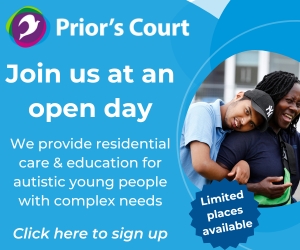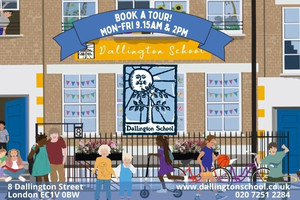Developmental Language Disorder - What You Need To Know
What Is Developmental Language Disorder?
Developmental Language Disorder - or DLD for short - means that a person experiences significant and ongoing difficulties with spoken language. This may be with speaking, understanding or both.
This was previously known as Specific Language Impairment. DLD is not the only term used by professionals to describe unexplained difficulties with speech and understanding, and this can be confusing.
What Causes DLD?
DLD is not caused by emotional difficulties or lack of language experience. There is no known cause, and this can make it hard to explain.
Although DLD is not caused by hearing loss, Autism, brain injury, physical abnormality or learning difficulties, children with these difficulties may also have a language disorder.
How Do I Know If My Child Has DLD?
Your child may have DLD if their development of talking:
- Is significantly behind that of other children their age
- Interferes with their everyday life and school work
- Is not due to other causes such as hearing difficulties, physical abnormality, brain injury or lack of language experience
- Is not part of a general developmental delay that affects other skills
A child with DLD may not talk a lot, or their speech may seem immature. They may struggle to find the right words or to understand what is said to them.
Difficulties with language may be the underlying cause of behaviour issues such as misbehaving in class or anxiety.
How Will DLD Affect My Child?
DLD is a long term condition that can affect a child’s learning and achievement in school. It may also mean they have reading difficulties. They will require additional help and support and may experience problems with their social interaction skills.
Children with DLD often find they can better learn and understand via visual and practical methods rather than verbally.
Speech And Language Therapy For DLD
Speech and language therapists play an important role in the diagnosis and management of DLD. They provide direct therapy, tailoring it to the individual’s needs.
Speech and language therapists may also create and deliver small group therapy for those with similar needs, and they often support people with DLD and their families.







